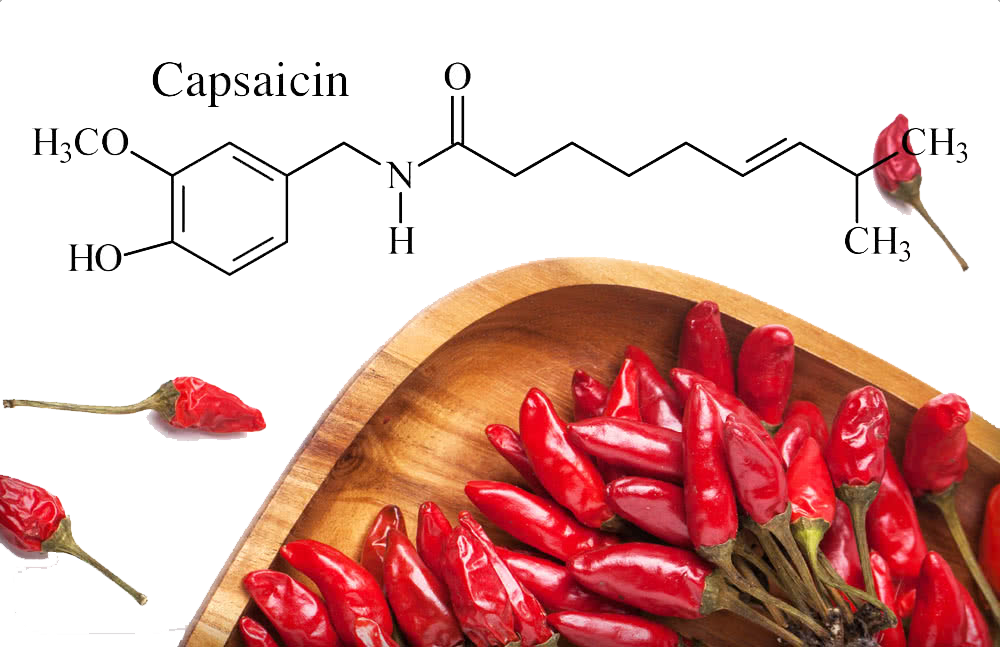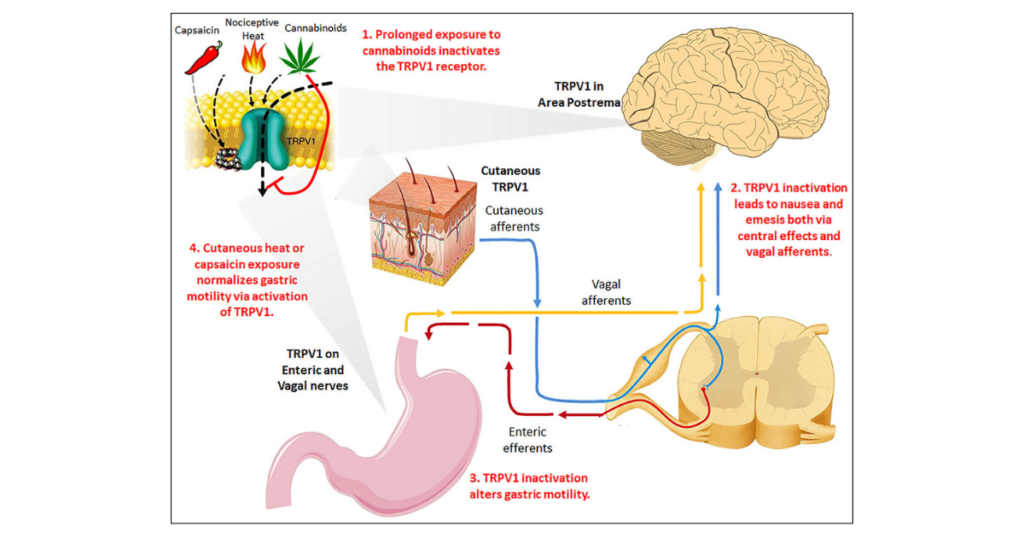
Cannabinoid hyperemesis syndrome (CHS) is a relatively rare condition in which a cannabis user may suddenly, or repeatedly, suffer from long, painful episodes of intractable vomiting and intense nausea that can last for hours, or even days at a time.
CHS is more prevalent in experienced and heavy cannabis users, though there have been anecdotal cases of new users suffering from similar symptoms.
This range of victims, combined with the fact that these cases did not enter medical literature until about a decade ago, led many cannabis users to question the validity of the condition even when suffering from the symptoms themselves.
It also led to some pretty wild speculation about how and why people become afflicted with CHS, some of which has been properly debunked by science but is still cited by woke stoners as fact.
For example, contrary to a controversial blog post that made the rounds in 2018, there is no hard data to support the hypothesis that Neem Oil (or other pesticide use) is the root cause of CHS in cannabis users.
Neem Oil is a naturally occurring product that is used worldwide for a wide range of agricultural and medical uses. There have been exceedingly rare cases of Neem Oil poisoning, but not from smoking it.
This dismissal is backed by recent findings in studies of various synthetic cannabinoids that showed a measurable portion of the users of these substances were also suffering from nearly identical symptoms as cannabis-induced CHS.
Since nobody is spraying Neem around the lab where these synths are being created, science has honed its focus on the cannabinoid receptors found in our own bodies and how they may be responsible for the onset of CHS.
Within us all is what is known as the TRVP1 receptor – also known as the capsaicin receptor.
Its primary function is the detection and regulation of body temperature and it is activated by 3 things: heat, capsaicin, and cannabis.
A clinical study released one year ago in January of 2018 posits that long term cannabis use can decrease TRVP1 signaling which in turn detrimentally affects gastric motility. In other words, the failure of this receptor can cause abdominal pain, nausea, and vomiting.
BRING THE HEAT

Fortunately, these symptoms can almost always be alleviated with either a hot shower or bath, or the use of a capsaicin-infused topical balm or salve on the abdominal region.
Symptoms can reoccur, in which case, a cold turkey tolerance break from all cannabis use is usually the only “cure”. Often, users can resume cannabis use – usually at a lower level than before. This timeframe can vary from hours to months depending on the individual user.
So, CHS is a rare condition that causes some cannabis users to suffer from cyclic vomiting and painful bouts of nausea. These symptoms are most often relieved by taking a hot shower or bath or by using a capsaicin topical treatment. Squashing CHS usually requires a formidable tolerance break, if not walking away from cannabis for good.
So, why now?
Why, after 5,000 years of human consumption of cannabis use are we just seeing these cases in the mainstream beginning 10 years ago?
The answer is twofold.
First of all, now more than ever, more people can openly talk about their cannabis use without fear of legal or social consequences. Doctors are more receptive to anecdotal experiences than ever before as they too try to wrap their head around this once-forbidden medication.
As laws loosen, legit studies on cannabis use and CHS have begun as science races to catch up to urban legends.
Still, even with this info just a click away online, many cannabis users to this day don’t realize that they are suffering from CHS and neither do the doctors that they visit to help bring an end to the symptoms. So it is safe to say that these cases were showing up in doctor offices and ER’s around the world for far longer than a decade, it’s just that nobody wanted to talk about weed until recently.
Next, also around ten years ago, cannabis use rose to a new level with the sweeping legalization movements nationwide and the popularization of dabbing as well.
As Hamilton Morris said on a recent episode of the Joe Rogan Podcast, “People are smoking more weed now than ever before. The levels of THC ingestion with dabbing and high potency strains are just higher for some people. Much higher than it’s ever been in the past.”
That fact is combined with the realization that more new users than ever are experimenting with cannabis and cannabis products like edibles, extracts, and all sorts of other ways to flood those tender receptors with cannabinoids.
While many of us got broken in on brick weed smoked off a bent soda can, today’s psychonauts are being introduced to cannabis with massive dabs off of quartz nails attached to bongs that cost more than a used car.
There are still a lot of questions to be answered about CHS.
Nobody can say for sure that it is genetic, but it is curious that it affects such a small portion of “heavy” cannabis users. It could very well turn out to be similar to an allergy. Some people can’t have peanuts, maybe some can’t have pot.
While we aren’t looking to dab any Neem anytime soon, we are confident that CHS is not caused by pesticides.
The fact that it is so reactive to heat and capsaicin, along with these recent studies into the TRPV1 receptor, tell us that science is narrowing in on the issue and should have some definitive answers for us soon.
==========
This article is part of our ongoing educational series covering the truth surrounding the many questions surrounding the benefits of cannabis. You can read about more topics at the links below:
CANNABIS & MENOPAUSE: https://www.beardbrospharms.com/news/2018/11/29/facts-vs-fiction-can-cannabis-use-help-ease-the-symptoms-of-menopause
CANNABIS SUPPOSITORIES: https://www.beardbrospharms.com/news/2018/9/28/why-medical-marijuana-patients-should-consider-cannabis-suppositories
CANNABIS EDIBLES: https://www.beardbrospharms.com/news/2018/9/24/facts-v-fiction-can-i-overdose-on-cannabis-edibles
CANNABIS & BREAST CANCER: https://www.beardbrospharms.com/news/2018/10/10/facts-vs-fiction-does-cannabis-cure-breast-cancer
Cannabis.
Education.
News.
Beard Bros.
Keep updated on all the latest news and updates in the Cannabis industry here at Beard Bros Pharms by signing for our Friday Sesh Newsletter here. Always Dank and Never Spam!

















